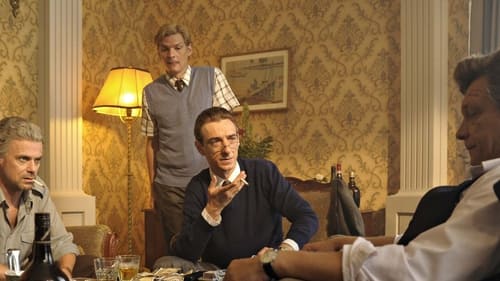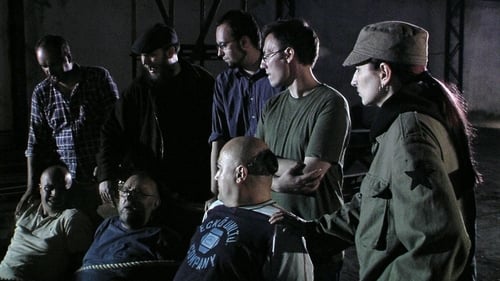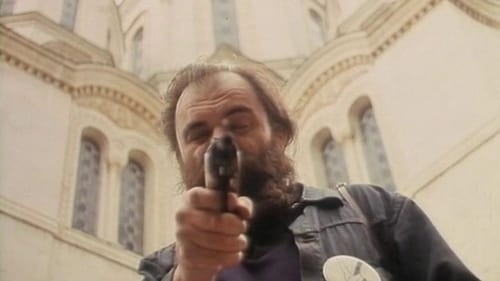Lazar Stojanović
출생 : 1944-03-01, Belgrade, Yugoslavia
약력
Lazar Stojanović was a student at the Belgrade Academy of Dramatic Arts in the early 1970s when he made his thesis film, Plastic Jesus. As Josip Broz Tito’s government experienced radical shifts, the film was confiscated as subversive, Stojanovć was thrown in jail along with other student reformist leaders and artists, and scenes were redacted. It was not until 1990 that the film was released.



